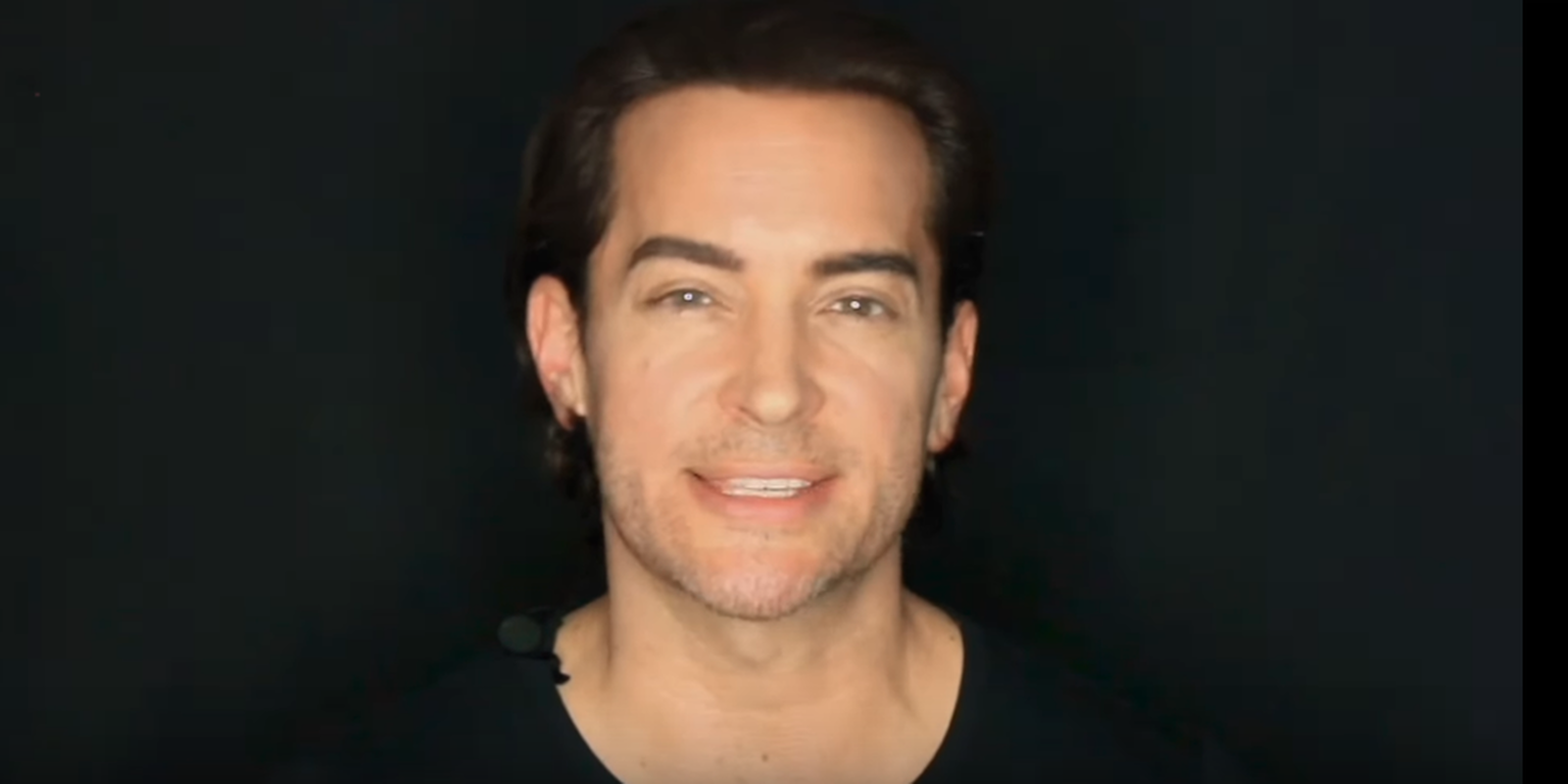Kremlin-affiliated trolls have subversively co-opted #WalkAway as an influence campaign, data appears to show. The hashtag is boosting visibility for a right-wing-hyped non-movement of disenchanted liberals who are supposedly abandoning the Democratic Party in a bid to breed division.
Data available through Hamilton 68, an analysis project focused on monitoring agitprop and backed by the Alliance for Securing Democracy, shows that swarms of Russian troll accounts made #WalkAway one of the highest ranking hashtags on Twitter in the past 48 hours.
One writer for Arc Digital noticed similar trends and came to the same conclusion.
“The primary functional goal of an astroturfed campaign like this one is to manipulate public opinion by gaming online algorithms to amplify certain content and push it onto people’s social media feeds and to the top of search engine results,” wrote behavioral scientist Caroline Orr.
The #WalkAway hashtag itself can be sourced back to a YouTube video posted in May by New York-based hairdresser Brandon Straka. In the video, Straka explains how he had grown disillusioned by liberalism and the Democratic Party which, he argued, merely used people of color and LGBTQ people but did little to advance their agenda. He then calls on others who feel the same to #WalkAway from the Democratic Party—thus launching the campaign.
Little had come of it until last week, when right-wing media outlets and leading conservatives discovered the video and began circulating it online. Coverage by websites like the Gateway Pundit and Breitbart hailed the news as a watershed moment, claiming that liberals were abandoning their party “in droves.”
The Daily Dot reported on how, even at that early stage and among the dozens of real ex-Democrats telling their stories, bot Twitter accounts were already beginning to exploit the rising conversation. One collected 16,000 retweets before being banned.
https://twitter.com/sllertzman/status/1013520825238949888
The U.S. intelligence community has, of course, made clear its assessment that Russia had sought to “undermine public faith in the U.S. democratic process” during the 2016 presidential election. In February, special counsel Robert Mueller in a series of indictments laid out at least part of the framework by which the Kremlin had sought to do that.
Mueller brought charges against Russian nationals and troll farm the Internet Research Agency, which employed hundreds of individuals in a complex operation that involved the creation of thousands of fake personas to “conduct information warfare against the United States.”
These are the same kind of bot networks that Hamilton 68 has repeatedly found to be commandeering or simply amplifying highly partisan social media campaigns, like #ReleaseTheMemo or #WalkAway, in a bid to disrupt and suppress any Democratic momentum.
As the nation prepares for the 2018 midterms elections, and Democrats tout a surge of support coined the “blue wave,” these influence operations are likely to become more and more common.


